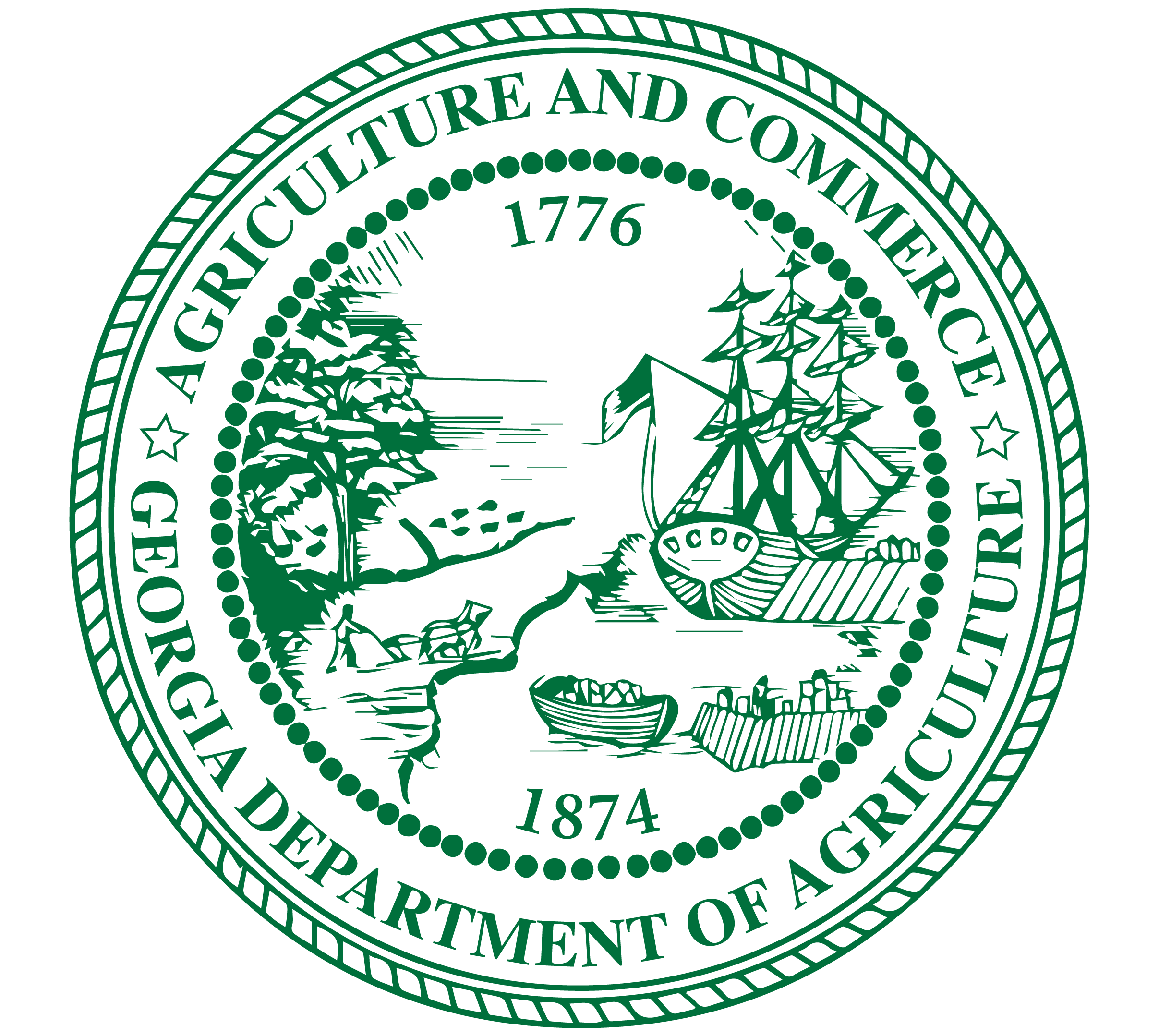
Recalls
On this page you’ll find recent recall alerts for food and feed products distributed or produced in Georgia. These alerts include the reason for the recall, a description of the issue, and a complete listing of affected products with identifying information.
Learn more about recallsFDA Advisory - Certain Oysters from Westport, Connecticut Potentially Contaminated with Norovirus (03/14/2024)
FDA Advises Restaurants and Retailers of a Recall of Certain Oysters from Westport, Connecticut Potentially Contaminated with Norovirus.
- Restaurants and food retailers in Connecticut (CT), Florida (FL), Georgia (GA), Maine (ME), Maryland (MD), Massachusetts (MA), Minnesota (MN), New Jersey (NJ), Ohio (OH), Rhode Island (RI), South Carolina (SC) and Texas (TX) that have recently purchased oysters from Norm Bloom and Son (CT-069-SS, AQ), harvested from Westport, CT, lot 207, with the harvest date 2/20/2024.
- Consumers in CT, FL, GA, MA, MD, ME, MN, NJ, OH, RI, SC, and TX who have recently purchased oysters from Norm Bloom and Son (CT-069-SS, AQ), harvested from Westport, CT, lot 207, with the harvest date 2/20/2024.
Product
Recalled oysters are from Norm Bloom and Son (CT-069-SS, AQ), harvested from Westport, CT, lot 207, with the harvest date 2/20/2024. The oysters were distributed to restaurants and retailers in CT, FL, GA, MA, MD, ME, MN, NJ, OH, RI, SC, and TX, and may have been distributed to other states as well.
Purpose
The FDA is notifying restaurants, food retailers, and consumers that the Connecticut Department of Agriculture, Bureau of Aquaculture is conducting a recall of oysters harvested by Norm Bloom and Son (CT-069-SS, AQ) from Westport, CT, lot 207, with the harvest date 2/20/2024, because they are associated with a norovirus outbreak in Minnesota and may be contaminated with norovirus. The FDA is advising restaurants and food retailers not to serve or sell and consumers not to eat the recalled oysters.
Shellfish contaminated with norovirus can cause illness if eaten, and potentially severe illness in people with compromised immune systems. Food containing norovirus may look, smell, and taste normal. Consumers of these products who are experiencing symptoms of illness should contact their healthcare provider and report their symptoms to their local Health Department. Diarrhea, abdominal cramps, nausea, vomiting, and fever may be associated with gastroenteritis infections caused by this organism.
Recommendations for Restaurants and Retailers
Restaurants and retailers should not serve or sell the potentially contaminated oysters. Restaurants and retailers should dispose of any products by throwing them in the garbage or returning them to their distributor for destruction.
Restaurants and retailers should also be aware that shellfish may be a source of pathogens and should control the potential for cross-contamination of food processing equipment and the food processing environment. They should follow the steps below:
- Wash hands with warm water and soap following the cleaning and sanitation process.
- Retailers, restaurants, and other food service operators who have processed and packaged any potentially contaminated products need to be concerned about cross-contamination of cutting surfaces and utensils through contact with the potentially contaminated products.
- Retailers that have sold bulk product should clean and sanitize the containers used to hold the product.
- Regular frequent cleaning and sanitizing of food contact surfaces and utensils used in food preparation may help to minimize the likelihood of cross-contamination.
Recommendations for consumers
Consumers should not eat the potentially contaminated oysters. Consumers who have symptoms should contact their health care provider to report their symptoms and receive care.
To report a complaint or adverse event (illness or serious allergic reaction), you can
- Call an FDA Consumer Complaint Coordinator if you wish to speak directly to a person about your problem.
- Complete an electronic Voluntary MedWatch form online.
- Complete a paper Voluntary MedWatch form that can be mailed to FDA.

